VHF is better than social media–at least sometimes. These days, it’s second nature for many of us to turn to social media or texting when we need assistance or want to share information. But when it comes to boating, a VHF radio remains significantly more reliable and effective. It’s the best way to seek help or local boating information.
So many times, I see questions posted in a Facebook group that would have done better as a VHF hail to local boaters. They ask “Where can I buy ___ near ____?” “Could someone give me a ride to shore?” Or worst of all, “There is a boat dragging in the anchorage. Does anyone know how to contact the owner?”
Four Reasons VHF is Better
Facebook isn’t always the answer. Here’s when your VHF is better.
Immediate Response in Emergencies
VHF radios are designed for instant, clear communication in the marine environment. In an emergency, a distress call via VHF radio reaches the Coast Guard. But also reaches other boaters in the vicinity who can provide immediate assistance. People hear you as soon as you put out the call, unlike waiting for someone to check Facebook, their email, or their texts.
One to Many
While Facebook may also be a form of one-to-many communication, texting, emailing, or phoning isn’t. You’re limited to the help that the one person you’re contacting can provide.
Local Answers
The people who reply are nearby, by definition. They’re likely to have up-to-date local knowledge. If you need a helping hand, they’re the closest.
Reliable in Remote Areas
Cellular signals can be weak or nonexistent in remote boating areas. This makes it difficult or impossible to send texts or use social media. You might post something and then be unable to see replies. VHF radios, however, use frequencies that are not dependent on cell towers. This ensures that you can communicate even in the most secluded spots.
VHF is Better–But Only When It’s On
But for the VHF to work in emergencies and to get local knowledge, boaters have to turn the radio on. And leave it on. When we began cruising over 20 years ago, the VHF was the primary way of communicating between boats. Now, as cell phones work more and more places, we see a lot of boaters using them instead of VHF.
That’s not bad, for certain types of communication. But it’s not so good for times when you need help. When you need something, think whether maybe the VHF is the best way to get it. Ditto when you just want to contact nearby boaters. Maybe to make a “sunset alert” for a particularly good sunset or an invitation to a beach barbecue. And the rest of the time? Leave your radio on so you can potentially help others.
VHF is Better in Real Life
I wrote this for a situation here in the West Palm Beach anchorage. A young couple, new cruisers, somehow lost their anchor. In light winds, they drifted over to the City Dock and tied up. They wanted to borrow an anchor until they found theirs so they could get off the dock.
Instead of calling on the VHF, they messaged a friend who was 50 miles away. This friend contacted me via Instagram. Since I’m on land, with no VHF, I then texted 3 boats that I knew were in the anchorage. And they were able to arrange help. On one hand, it’s a great story of how people are willing to help. On the other, it’s an example of how horribly convoluted it becomes to arrange help. It took a couple of hours for help to arrive instead of just minutes if they’d used their VHF.
Summoning Help
When in locales with little support aside from other cruisers, it’s critical to keep your radio on the hailing channel (usually 16) 24 hours a day. I remember an incident in the Sea of Cortez, back in 2004. A large trawler, The Cat’s Meow, went on the rocks shortly after sunset in a remote anchorage. Other boats there tried to pull her off. But they were unsuccessful and the owners had to abandon ship as she was listing precariously. Around midnight, they called friends on land to bring a high-volume pump because the boat was taking on water. A Mexican Navy frigate heard and said they were on their way to help. Many other cruisers had heard as well. In the middle of the night, they relayed the information to still more cruisers. By dawn, there were 25 boats on site to help. More poured in all day. It took five days, but The Cat’s Meow was saved.
Fast-forward 11 years to another boat in trouble, this time in the Chagos Archipelago. Behan Gifford tells the story: “We were with just a handful of boats (e.g., no worries about noisy chatter) in an uninhabited atoll in the Indian Ocean, when a pre-dawn squall put a boat 1/4 mile over the reef. Immediate action/ rescue was required, but only two boats (us and an Aussie boat) had radios on to respond. We had to dinghy around to the others to rally help.”
How would you feel if you called for help in an emergency, knew there were nearby boats, and no one responded?
I was discussing this with Nica Waters, presently in the Bahamas. She said the number of boaters there who don’t even turn their VHF on when underway is shocking. Just yesterday, she did an “experiment” to see if any nearby boaters had their radios on while at anchor. She called for an impromptu get together at the Pipe Creek beach. Despite there being a dozen boats in the anchorage, not one replied or showed up.
The Problem of Not Using VHF
The lack of VHF usage is a problem for a couple of reasons. First is obviously the delay or impossibility of getting help when needed. But the second is building community – not hearing the voices of your neighbors and not getting to know them via VHF. And that, I think, makes it a circular problem. People don’t leave their radio on, don’t use it, don’t participate in the nets, and so don’t get to know their neighbors. And thus they don’t feel it’s so critical to be ready to help in an emergency.
If you want others to be there if you need help, you have to be available to them as well. Leave your radio on the local hailing channel!

Quickly find anchorages, services, bridges, and more with our topic-focused, easy-to-use waterproof guides. Covering the ICW, Bahamas, Florida, and Chesapeake.
Explore All Guides

Carolyn Shearlock has lived aboard full-time for 17 years, splitting her time between a Tayana 37 monohull and a Gemini 105 catamaran. She’s cruised over 14,000 miles, from Pacific Mexico and Central America to Florida and the Bahamas, gaining firsthand experience with the joys and challenges of life on the water.
Through The Boat Galley, Carolyn has helped thousands of people explore, prepare for, and enjoy life afloat. She shares her expertise as an instructor at Cruisers University, in leading boating publications, and through her bestselling book, The Boat Galley Cookbook. She is passionate about helping others embark on their liveaboard journey—making life on the water simpler, safer, and more enjoyable.



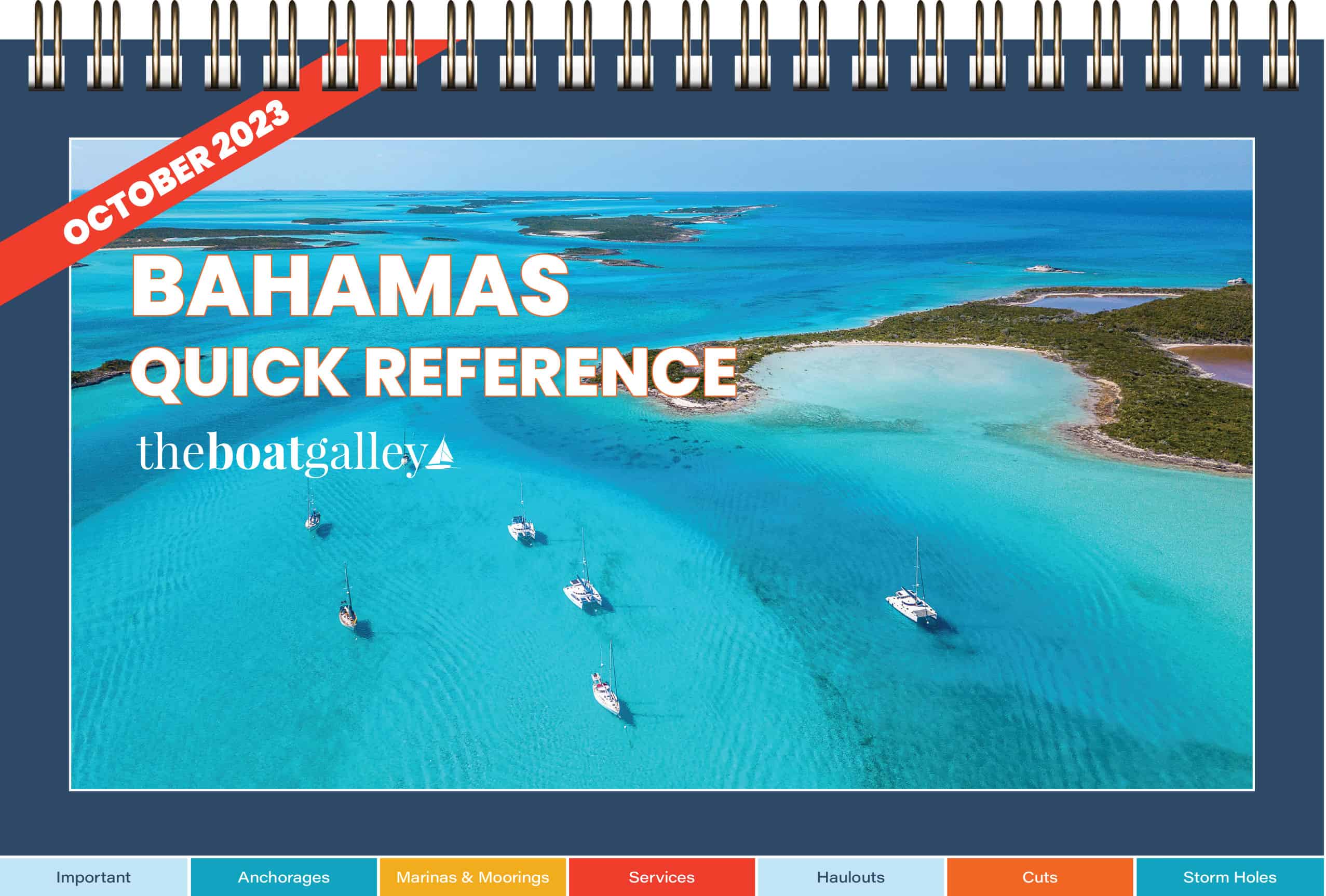
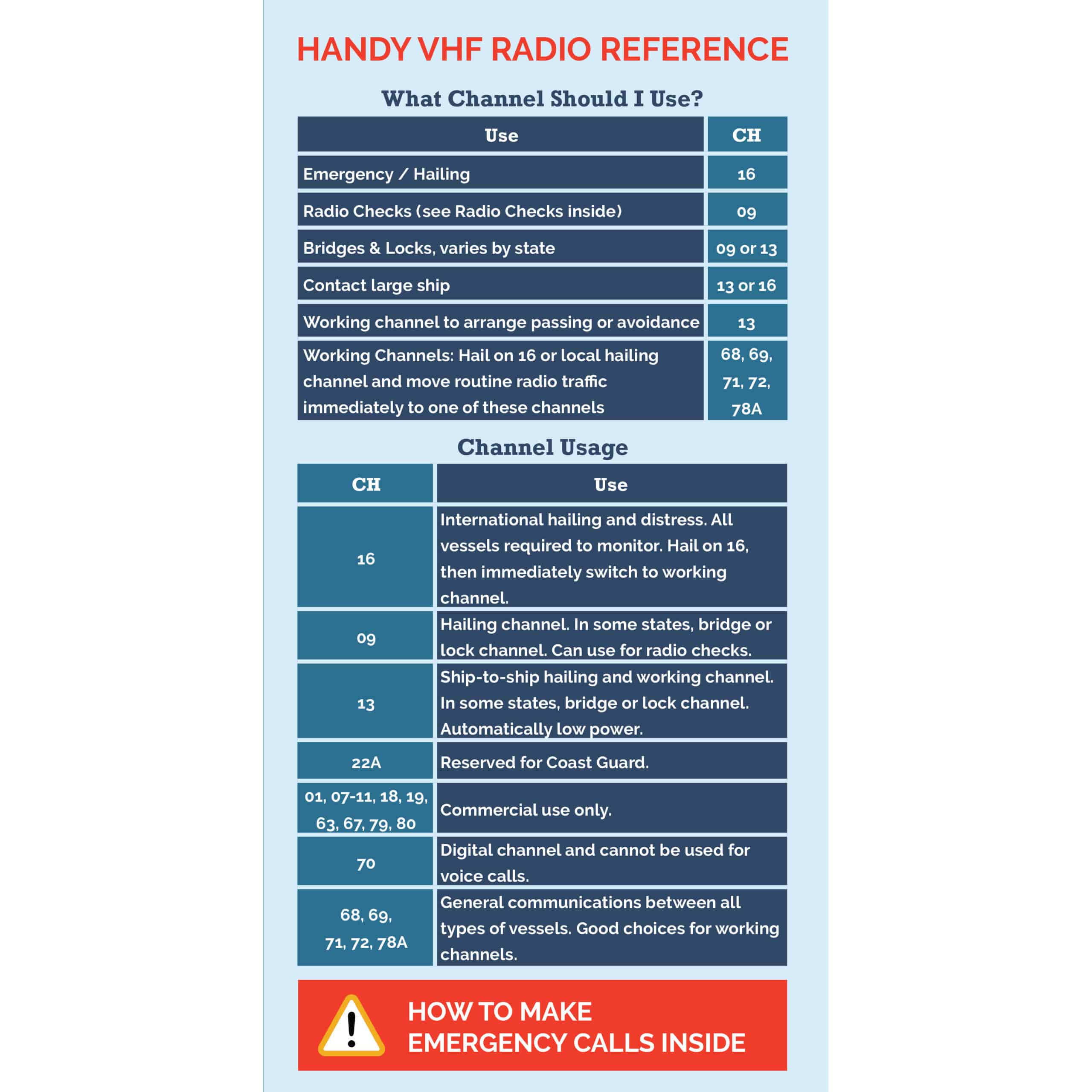



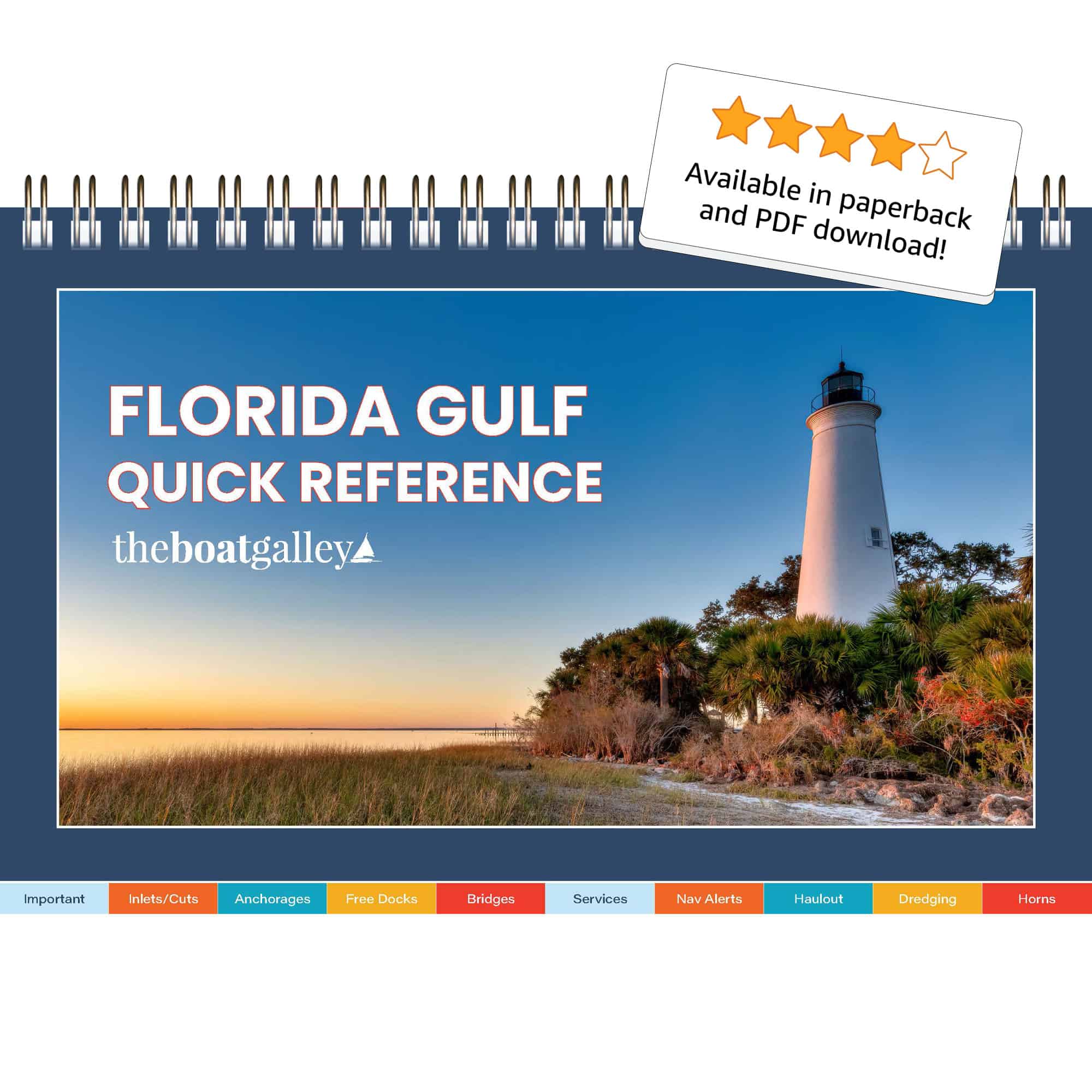
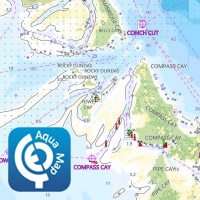
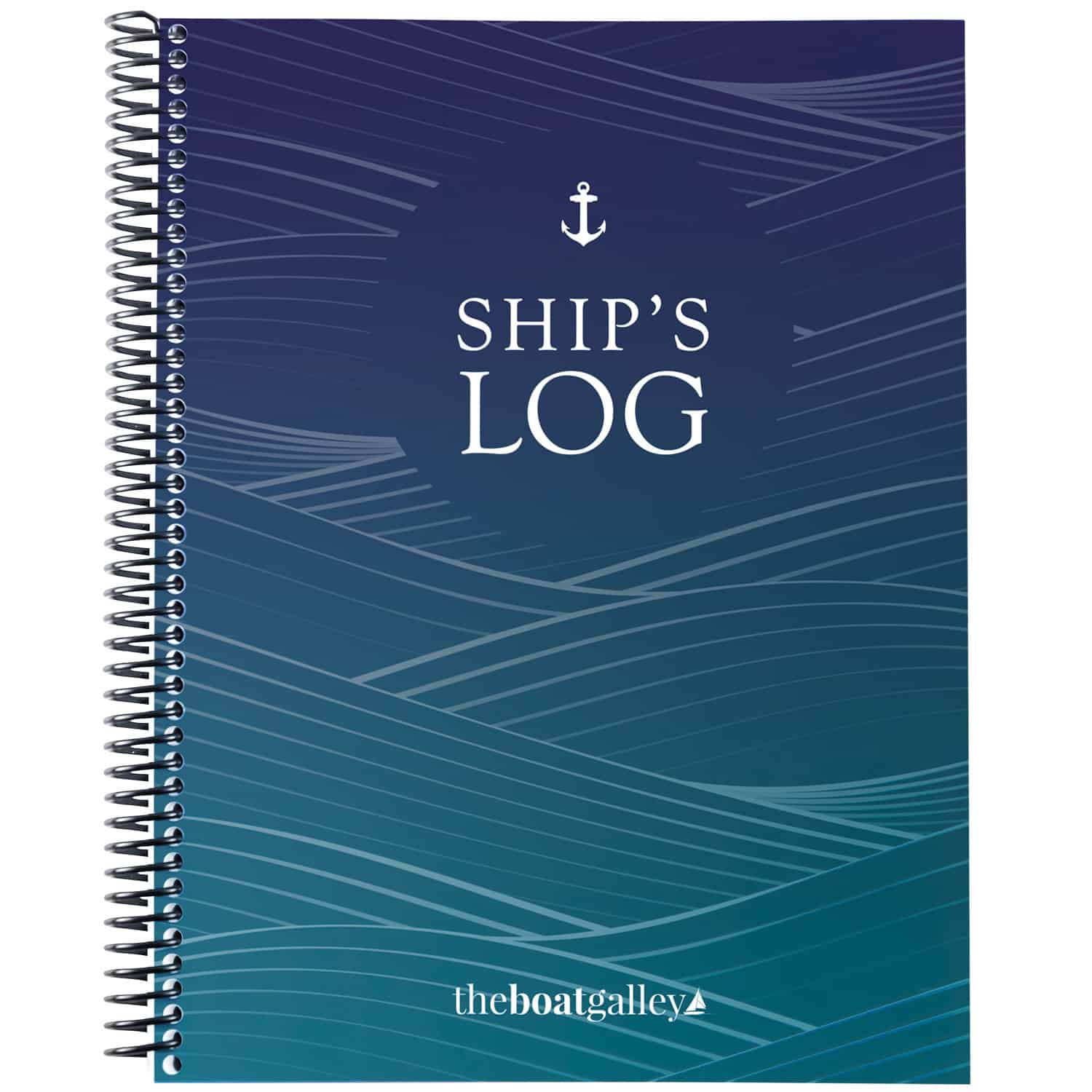
Kathryn Lockwood says
What channel is best to use for asking local boaters for information in a more populated area?
Carolyn Shearlock says
If you know what the local hailing channel is, use that. Otherwise, go on 16 and make a VERY brief announcement for anyone with the info you seek to go to a specified working channel. Example “Anyone with information on a dinghy dock near the Publix grocery, please go to channel 68” and be sure to use low power so that you don’t blast it over a large area.